GRAND, CELEBRATORY, FESTIVE — This has been the vibe of the G20 Summit hosted by Bharat. The theme of this year’s Summit is वसुधैव कुटुम्बकम् (Vasudhaiva Kutumbakam) which has been translated into English as ‘One Earth, One Family, One Future’. But if you have had a look at the roads in New Delhi leading to the event venue you would have seen hundreds of G20 posters on billboards, bus stands and everywhere else with only one face— NARENDRA DAMODARDAS MODI. Where is the World Family? Where were Widodo, Ramaphosa, Biden, Sunak, etc.? The leaders from other G20 countries had not found an inch of space on those posters. Why? Because the on-ground theme of the Summit has not been Vasudhaiva Kutumbakam it has been कोषधनेन स्वविज्ञापनम् (Koshdhanen Swavigyaapanam) which shall be translated into ‘Using Public Treasury Money for Self-Advertisement’. It has been simply an advertorial event for our Honourable Pradhan Mantri, keeping in view the upcoming 2024 Lok Sabha Elections. The money for this prachaar-prasaar comes from the Public Treasury where the taxes from our hard-earned money are collected. This money is for the development of the country and the people, which is us but instead, it has been spent like water to enhance the popularity of our beloved Hindu Hridaya Samraat.
The event had a celebratory and festive colour because, since the very start, the Government had portrayed it as an achievement that we got to host the Summit, which actually it was not, member countries get to host the Summit on a rotational basis. What we were able to accomplish in this Summit as its host would count as an actual achievement, not the hosting of the Summit itself. The motive of the Government had been to run a PR game for just one man; the country’s culture, diversity, capabilities, technological advancements, etc. were mere add-ons.
In a recent essay in newspapers across the country, Prime Minister Narendra Modi wrote that he wants to take G20 to the last person so that no one is left out. But most of them out there celebrating the fact that Bharat is the host of this year’s G20 Summit don’t even know What G20 actually is, What does it do, What has it achieved in the past, What has been the outcome of this year’s Summit for which so much taam-jhaam has been done? It is because efforts have not been made to educate the masses about it. After all, for the PR game, it is not necessary. But here I would make an effort to answer these questions.
What is G20?
The G20 as we all know has been a group of 19 countries (Argentina, Australia, Brazil, Canada, China, France, Germany, Bharat, Indonesia, Italy, Japan, South Korea, Mexico, Russia, Saudi Arabia, South Africa, Türkiye, United Kingdom, and the United States) and the European Union. These members account for around 80% of the global GDP, over 75% of international trade, and about two-thirds of the world population. It is a global forum for economic cooperation and works to address major issues such as international financial stability, climate change and sustainable development.
History of G20
During the 1990s developing economies in the Global South started to grow stronger. At that time the 1997 Asian financial crisis made a serious impact on the economies of many countries, especially the East Asian and Latin American ones. The existing forums such as the G7, World Bank, etc. were not capable enough to handle the crisis because they were concentrated amongst the developed economies. In the emerging new world order a need for reform emerged in global governance and international institutions to accommodate the new emerging powers. Thought of as a one-time crisis-response meeting, 22 members came together in 1998 to address the crisis. Then in early 1999, two more meetings were convened including 33 members to discuss reforms of the global economy and the international financial system. The G20 in its present form was formally established in late 1999 as an informal forum for Finance Ministers and Central Bank Governors of its members to meet annually.
Past Achievements & Failures of G20
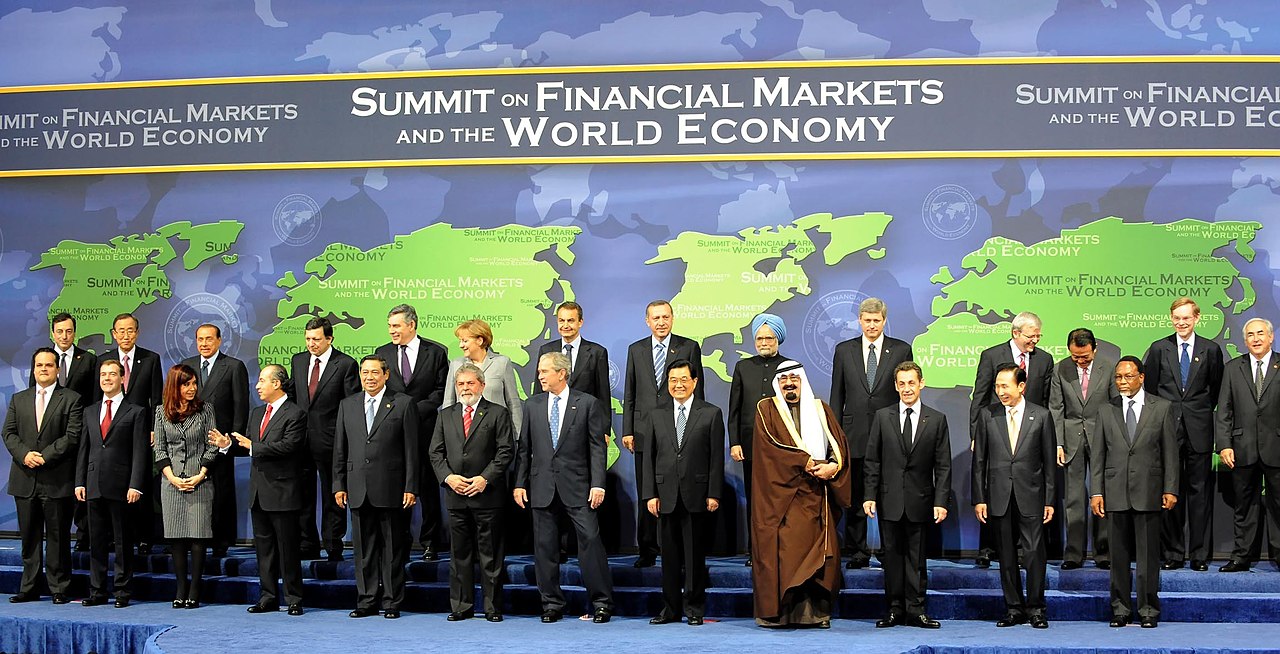 |
| 2008 G20 Leaders'Sumit in Washington DC, United States |
It was only since 2008 that the G20 Leaders’ Summit has been held. During the 2008 global financial crisis, an emergency summit was called upon to address the crisis. Through measures such as injecting funds into markets, strengthening financial regulations, and improving international cooperation, the G20 helped to stabilise the global economy. The Group also showed its commitment to improving international financial institutions like the IMF and the World Bank. These accomplishments not only helped to restore confidence in the financial markets but also set the stage for improved global financial governance in the following years. This is what made the G20 an extremely important forum. And not just multilateral discussions, G20 proved to be an effective platform for discussing bilateral issues too, For example, the United States and China agreed to cool down their trade war during the 2019 G20 Summit in Japan.
However, recently the G20 has not turned out to be effective enough, especially in its response to tackling the crisis during the COVID-19 pandemic. It did make attempts at international cooperation by facilitating the sharing of medical supplies and vaccines among member countries. It also endorsed a temporary suspension of debt payments for poor countries. But despite commitments to equitable vaccine distribution, access to vaccines remained uneven, with rich countries holding onto the vaccines. Additionally, the Group struggled to establish a comprehensive debt relief program, leaving many poor countries burdened with unsustainable levels of debt. Furthermore, it failed to address the long-term economic consequences of the pandemic.
G20 is an informal system where issues are discussed and in conclusion, collective decisions are made by the members. These decisions do not guarantee implementation but they show the intent of the members. They are implemented by relevant nations or international organisations on their own. Thus we can understand that consensus building is very important here so that collective actions can be taken for global development. Although it is only a deliberative group with no binding decision-making powers, it has enormous convening power and political weight, and since its members dominate the global financial order, they can turn political consensus into actions.
Structure of G20
The decisions taken at the G20 come only after continuous deliberation which is taken care of by the G20 Tracks. The G20 is structured into 3 major groups/tracks — The Finance Track, the Sherpa Track, and the Engagement Groups.
Finance Track
The Finance Track is headed by Finance Ministers and Central Bank Governors. Its primary objective is to facilitate cooperation on matters related to international finance and economics. This includes a focus on fiscal and monetary policy to encourage sustainable growth and address global economic imbalances. The financial track also dedicates attention to financial stability by focusing on regulatory frameworks and practices that lead to systemic risks in the global financial system. Additionally, it tackles international tax policy and builds a consistent global tax framework. Furthermore, it engages in discussions regarding developmental finance, financial inclusion initiatives, and discussions on climate finance and sustainability. Overall, it plays a critical role in shaping international economic and financial policies and responding to economic challenges worldwide.
Sherpa Track
The Sherpa track of the G20 operates as the essential backstage engine for the G20 Leaders' Summits. It consists of representatives of Heads of State of the G20 members. These representatives known as Sherpas (named after Himalayan mountain guides) assist in shaping the Summit's agenda, coordinating the work of various groups to develop policy recommendations, and engaging in negotiations with counterparts from other member countries to secure consensus on key issues. This track focuses on socio-economic issues such as agriculture, anti-corruption, climate, digital economy, education, employment, energy, environment, health, tourism, trade, and investment. After the Summit, they oversee the implementation of commitments made by members of the Group.
Engagement Groups
It is an unofficial track which comprises social and civil groups. These groups often draft recommendations to the G20 Leaders that contribute to the policy-making process. The usual engagement groups are Business20, Labour20, Think20, Women20, Youth20, etc.
Bharat as the G20 Host
 |
| G20 Leaders' Summit at Bharat Mandapam, New Delhi |
After we have understood What is G20, its history, What does it do, What is its structure, etc., we must also know what has happened under Bharat's G20 presidency, what have we accomplished and where our failures can be seen.
Never in the history of G20 has the event been held at such a grand scale. By holding the meetings across the length and breadth of the country, even in the so-called "disputed territories", Bharat has shown its capabilities to efficiently host and manage such big events. But hosting the G20 Leaders’ Summit in New Delhi once again shows that the centre of everything in this country is Delhi. Personally, I would have wished that the Summit be held in some other part of the country like Indonesia did, which hosted G20 leaders in Bali last year intending to boost tourism there as the pandemic had devastated the tourism-based economy of the island.
Throughout the year, more than 200 meetings, including 13 ministerial-level meetings took place in around 60 cities in Bharat on a range of issues. 12 outcome documents and 12 other deliverables were adopted with consensus but no joint declarations had been adopted.
Throughout the year, more than 200 meetings, including 13 ministerial-level meetings took place in around 60 cities in Bharat on a range of issues. 12 outcome documents and 12 other deliverables were adopted with consensus but no joint declarations had been adopted.
Russia-Ukraine war
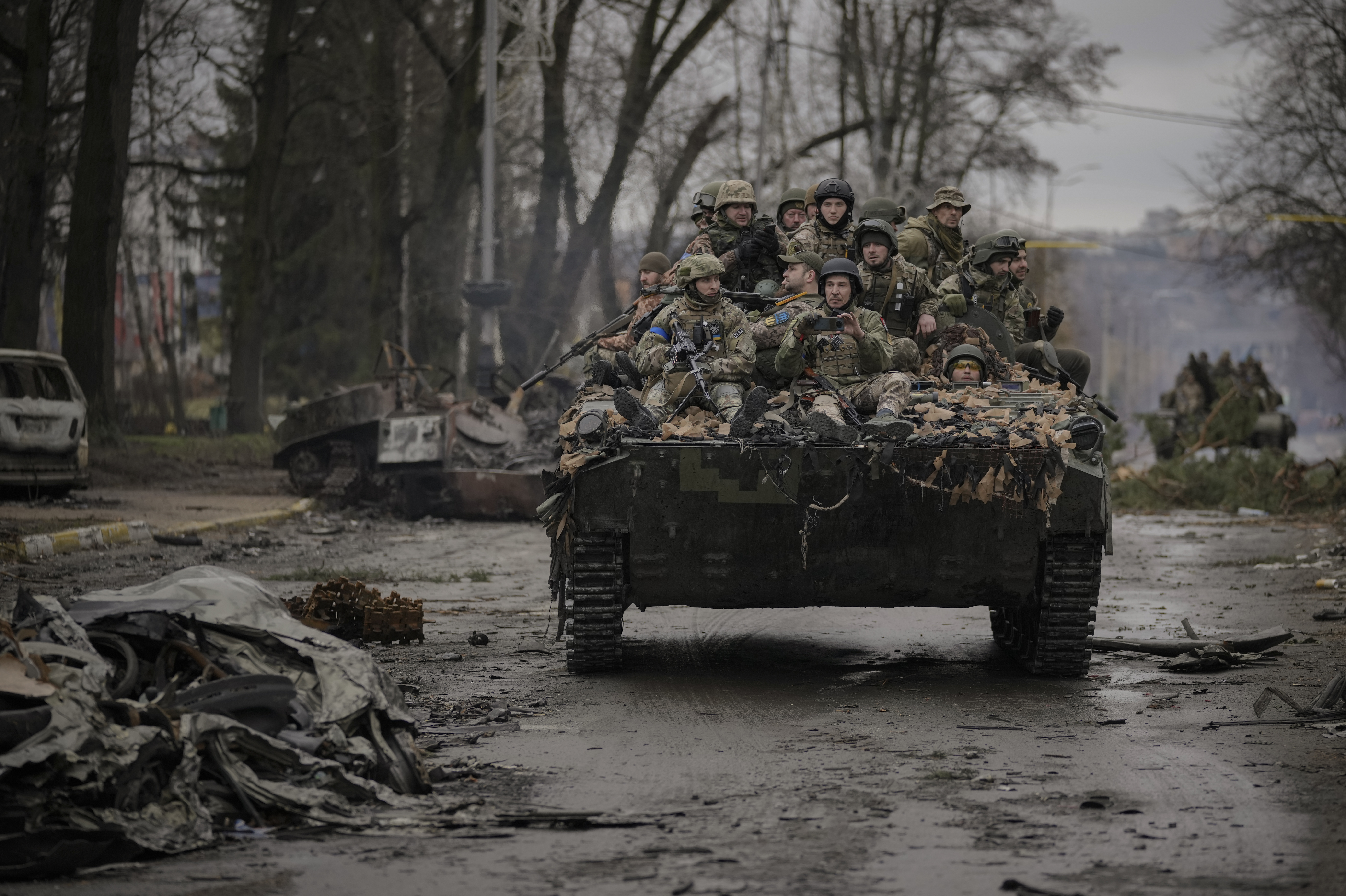 |
| Visuals from the Russia-Ukraine war |
Why all G20 members could not come to a consensus in any of the ministerial-level meetings? Because the bone of contention in almost every G20 Ministerial Meeting this year has been the Russia-Ukraine war. In most of the Minister-level meetings, all the members had formed a consensus on almost every issue but the G20’s stance on the Russia-Ukraine war. The Western countries had warned that they would not sign any document if there was no condemnation of “Russia’s aggression in Ukraine” and on the other hand, Russia and China had decided to block any document which even mentions the war. But in the end, Bharat has been able to reach a major breakthrough by forging consensus among the G20 members on the Russia-Ukraine war. The G20 New Delhi Leaders’ Declaration expresses concerns about the Russia-Ukraine war highlighting global food and energy security, supply chains, financial stability, etc. which the war has impacted. But this is a significant shift in language from last year’s declaration in Bali, Indonesia where there was also condemnation of Russia demanding its unconditional withdrawal from Ukranian territory. At that time both Russia and China agreed to the Bali document but later on withdrew their approval and this is why throughout Bharat’s presidency both of them were adamant on their stance. Answering this change of stance by the G20, Bharat’s Foreign Minister Dr Jaishankar rightly said “Bali was Bali, New Delhi is New Delhi”.
I must also mention that these statements do not change the national stances of any country on the war. Russia still supports its reasons for war and the West still condemns Russia for the war. It is only a victory on the diplomatic turf that at least under Bharat’s presidency there was no direct condemnation of Russia. And of course, Ukrainians are saying that “the G20 has nothing to be proud of” on the war issue.
G20 to G21
/s3/static.nrc.nl/wp-content/uploads/2023/09/india-g20-summit55976110.jpg) |
| PM Modi welcoming the Chairperson of the African Union and President of Comoros, Azali Assoumani |
Bharat has long made efforts to help the Global South countries in their growth and development and we also aspire to be their leader in the international arena. One of the major aims of New Delhi has been to provide a greater voice to the Global South. And continuing with that we had recommended and backed for the inclusion of the African Union as a member of the G20. And this effort has materialised during the Leaders’ Summit. PM Modi tabled the proposal to include the African Union as a member of the G20 which was unanimously accepted by all the members and thus G20 would become G21 from next year under the Brazilian presidency. This is another big achievement of Bharat after the consensus on the Russia-Ukraine war. This step would give the still-neglected African countries a greater say in the global financial decision-making process. It would also strengthen Bharat’s stance as the leader of the Global South countries.
Healthcare
Focusing on healthcare, the G20 members agreed on setting up a research and manufacturing network for vaccines, therapeutics, and diagnostics, along with a platform for making open-source, interoperable digital solutions readily available. They also agreed to "support the WHO-led inclusive consultative process for the development of an interim medical countermeasures coordination mechanism" which may soon materialise along with a legally binding Pandemic Preparedness Treaty at the upcoming World Health Assembly. The member countries have also committed to strengthening the global health architecture and focusing on primary healthcare and essential health services to better than pre-pandemic levels ideally within the next 2 to 3 years.
Agriculture and Food Security
On the Agriculture side, consensus was reached on two main aspects: The Deccan High-Level Principles on Food Security and Nutrition under which they agreed to offer assistance to countries in vulnerable situations, increase food production and food security programmes, digitalization of agri sector, etc.; and the International Millets and Other Ancient Grains Research Initiative (MAHARISHI) which is a research collaboration on millets and other ancient grains, which are highly nutritious and climate-resilient crops. Although the G20 members didn't come up with many constructive steps to deal with global food security concerns apart from the usual statements on eliminating hunger, malnutrition, poverty, etc., the Group did agree on strengthening the Agricultural Market Information System (AMIS) and the Group on Earth Observations Global Agricultural Monitoring (GEOGLAM). Both these international institutions work towards ensuring greater transparency in the food market, global policy coordination in crisis situations, and improving food security by providing actionable information on agricultural conditions.
The G20 members also collectively called for the full and effective implementation of the Black Sea Grain Deal from which Russia recently backed off which led to global food shortages primarily affecting the poor African countries. The deal was brokered by Türkiye and the UN to ensure unrestricted deliveries of grain, foodstuffs, fertilizers, etc. from Ukraine and Russia during the continuing war situation.
Trade and Economy
The G20 primarily being an economic and trade-focused platform focused on bringing more inclusivity in international financial institutions and strengthening the global economic system after the pandemic. There has been an agreement to boost the World Bank's financing capacity to support low and middle-income countries. They have also agreed to reform and strengthen the World Trade Organisation (WTO) and several Multilateral Development Banks (MDBs) like IMF and World Bank to make them more effective in dealing with the high developmental demands from across the world and to enhance the representation and voice of developing countries in the decision-making process.
One of the issues where the G20 members were not in agreement in the earlier meetings was ‘Debt Relief’ where finally consensus has been reached at the Leaders' Summit. They agreed to endorse the Common Framework for Debt Treatments beyond the Debt Service Suspension Initiative (DSSI). The Common Framework is a set of principles and guidelines for providing debt relief to low and middle-income countries facing unsustainable burdens of debt, especially due to the COVID-19 pandemic. It aims to ensure timely, orderly, effective and fair debt treatments for eligible countries while preserving their access to international capital markets and safeguarding their credit ratings.
The members also agreed on enhancing MSMEs’ access to information making trade-related information more accessible to them and thus integrating them further in international trade. They also agreed on a Generic Mapping Framework for Global Value Chains (GVCs) which proposes coordination and preparedness to limit future disruption of value chains so that we don’t witness the pandemic situation again where the global critical supply chains got disrupted.
Digital World
One important achievement at the G20 Summit has been the consensus on deploying Digital Public Infrastructures (DPI) with the aim of financial inclusion. The members agreed on the Framework for Systems of Digital Public Infrastructures which calls for building effective solutions and formulation of laws for transparent governance in this field. Throughout its presidency, Bharat had been pushing for greater adoption of digital public infrastructure by other member countries. This will be a big boost to Bharat's digital governance model. Another important achievement has been the collective agreement on creating a global regulatory framework for crypto assets.
Gender Divide
The G20 leaders addressed gender equality issues too. From women's participation in the decision-making process to employment opportunities and the wage gap, and bridging the gender digital divide the New Delhi Declaration addressed all of them and also announced the creation of a new ‘Working Group on Empowerment of Women’ to support the G20 Women’s Ministerial. The G20 members also pledged to halve the digital gender gap by 2030. They discussed the ways to deal with the increasing threats to women's safety due to enhanced digital penetration.
Green Planet?
However, expectations from leading economies for a stronger push towards climate action remained futile as the agreements between members did not signal enhanced action. The Group remained divided on the most crucial issues, including raising emission reduction targets, attaining the global peak of emissions by 2025, and commitment to phasing out of fossil fuels. While developed countries pressed for the enhancement of climate targets, the developing countries pushed for the delivery of unfulfilled promises related to finance and technology and urged the developed countries to do more. Still, the members did promise to work towards tripling the global renewable energy capacity by 2030. According to International Energy Agency (IEA), if this is met it could bring down carbon emissions by 7 billion tonnes. As of now, the world has about 3400 GW of renewable energy capacity.
On the Sidelines
Two more interesting developments happened on the sidelines of the G20 Leaders’ Summit in New Delhi. One is a sea-rail economic corridor from Bharat to the Middle East and then to Europe and the other is the Global Biofuels Alliance.
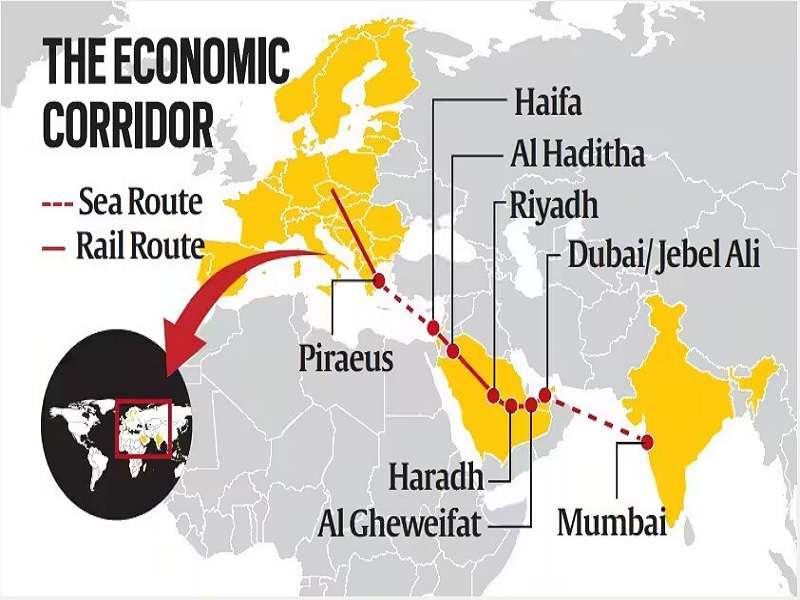 |
| Map showing the route of the India-Middle East-Europe Economic Corridor |
Firstly let's talk about the sea rail corridor. United States, Bharat, Saudi Arabia, UAE and the European Union, as well as France, Italy and Germany, came together to sign an MoU to establish the India-Middle East-Europe Economic Corridor (IMEC) which is being seen as a counter to China’s Belt and Road Initiative (BRI). This corridor will encourage and provide momentum to economic development through enhanced connectivity and economic integration between Asia, the Middle East and Europe. The IMEC will be comprised of two separate corridors, the east corridor connecting Bharat to the Arabian Gulf and the northern corridor connecting the Arabian Gulf to Europe. The project involves laying a railway link through the Arabian Peninsula that could then link up with shipping passages to Bharat and Europe on both ends of this proposed corridor. The use of the land route in the Arabian Peninsula would mean bypassing the congested Suez Canal that cargo ships currently take. The project eventually aims at laying out a seamless corridor running all the way from Southeast Asia to Europe.
But why the 80-year-old Uncle Sam is part of this project? The corridor doesn’t link the United States. Actually, the corridor is part of the Partnership for Global Infrastructure Investment (PGII) which is an initiative by the G7 countries to fund high-quality infrastructure projects in developing nations. The US has been working on this project, holding discussions with the concerned countries since the start of this year, even bringing arch-rivals Jordan and Israel together on this.
For Bharat, this new connectivity architecture could result in an alternative commercial transportation route, joining forces in petrochemicals manufacturing by integrating our hydrocarbon value chain and creating an innovation corridor for green energy and innovative technology manufacturing value chains. It will facilitate and enhance the infrastructure in the logistics and transportation sector and lead to the development of significant capacities in our country.
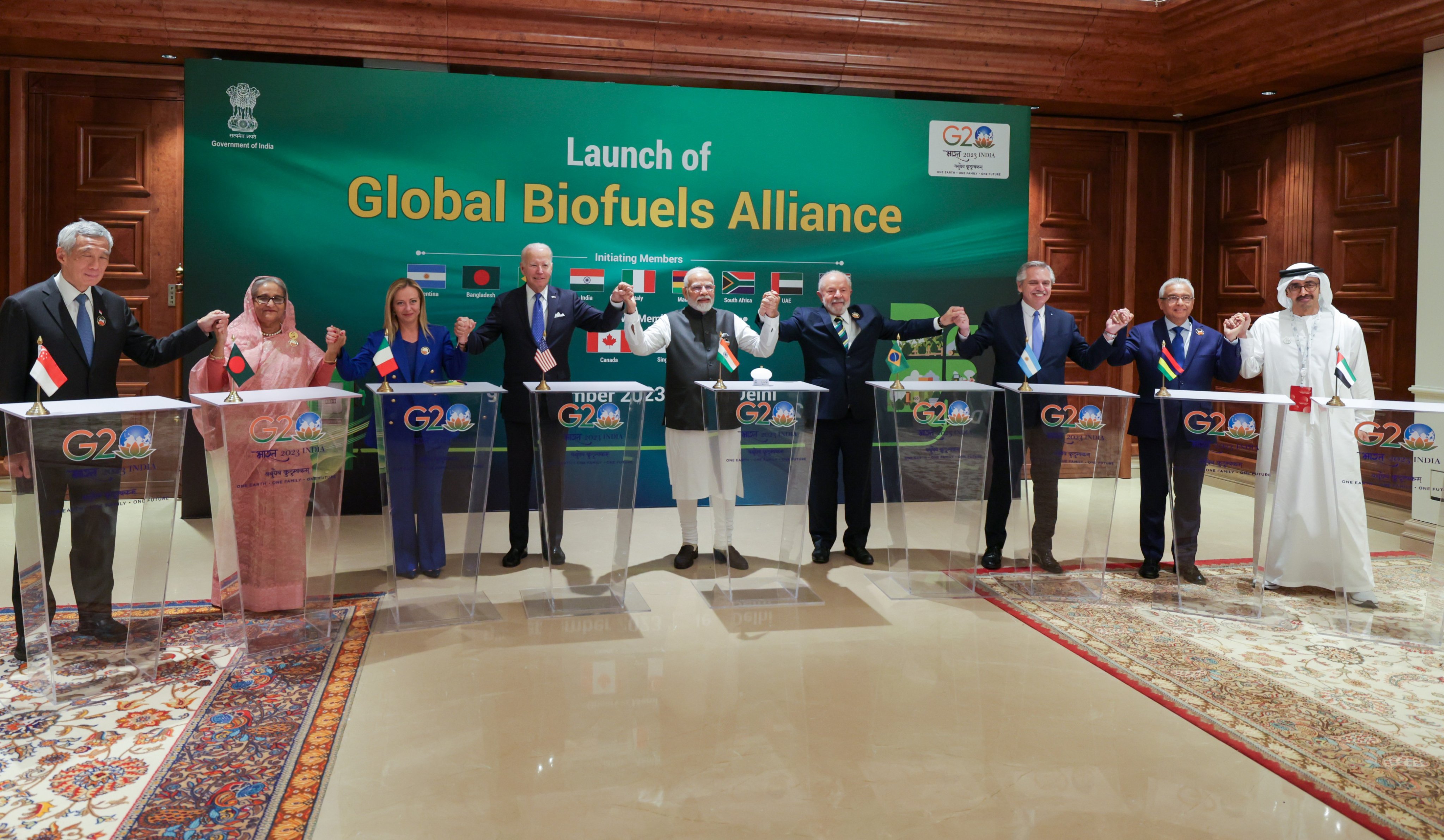 |
| PM Modi launching the Global Biofuels Alliance |
Now let's see what this Global Biofuels Alliance (GBA) is all about. It is a grouping of 19 countries and 12 international organisations that have come together with the aim of facilitating cooperation and intensifying the use of sustainable biofuels, including in the transportation sector. Biofuels, as we all may be knowing, are renewable energy sources that are derived from biomass such as plants, algae or animal waste. They are significantly cleaner than fossil fuels and are produced in a short time span, unlike fossil fuels, which are formed over a long period of time. PM Modi along with the leaders of Singapore, Bangladesh, Italy, USA, Brazil, Argentina, Mauritius and UAE, launched the Global Biofuel Alliance. This Alliance will emphasise strengthening markets, facilitating global biofuels trade, developing concrete policy, lesson-sharing and providing technical support for national biofuels programs worldwide.
Does G20 matter?
As I have already mentioned earlier the promises made and decisions taken at the G20 are non-binding on any of the member countries. These are just assurances that we are committed to these causes. But in those cases where proper frameworks have been adopted, several recommendations have been endorsed or time-bound promises are guaranteed, we can expect some significant steps in those areas. And G20 is not the end of these discussions, these participating countries and international organisations will also take up several of the outcomes in the framing of international laws, treaties, etc. and would influence others to adopt the same. So we should not have this notion in our minds that G20 is totally a waste. The host country gets to primarily decide the agenda of the Summit. This time Bharat has included several topics of its liking that it wants to push forward like digital infrastructures, trade connectivity, biofuels, etc. and most importantly raising the voice of the Global South. So overall it has been a win-win situation for us.
Everything Comes At A Cost
 |
| Bharat Mandapam where the G20 Leaders' Summit was hosted |
But what has been the cost of all this? The Central Government had allocated about ₹900 crore for hosting the G20 Summit. According to reports, the Central Government agencies have incurred about ₹500 crore for the beautification and security of Delhi. The reports don't tell us about the rest of the ₹400 crore so I'm assuming they have been used for hosting the more than 200 G20 meetings across 60 cities in the country.
The cost of redevelopment and beautification of the ITPO complex comprising the Bharat Mandapam which hosted the G20 Leaders’ Summit was about ₹3600 crore, which actually is not only for the purpose of the G20 and would serve to host events in the future too like it did in the past, so I’m not counting this figure.
But one figure I have to take into account is the loss of business which has been impacted by the closure of markets and other businesses during the 3-day Summit being held in New Delhi.
— Atul Bhargava, president of New Delhi Traders Association (NDTA).
This is just the figure that the Traders Association is giving, there may be thousands of others involved in daily wage or delivery jobs, etc. whose losses are not counted in these numbers. So the total count according to me goes even beyond the visible ₹1300 crore and I'm leaving it to the readers as to whether these costs are worth the Summit.
Traders in New Delhi suffered an estimated loss of about ₹300-400 crore in these three days of closure.
— Atul Bhargava, president of New Delhi Traders Association (NDTA).
This is just the figure that the Traders Association is giving, there may be thousands of others involved in daily wage or delivery jobs, etc. whose losses are not counted in these numbers. So the total count according to me goes even beyond the visible ₹1300 crore and I'm leaving it to the readers as to whether these costs are worth the Summit.
| Houses being razed down as part of the demolition drive for G20 |
 |
| Tall green curtains all around a slum area in New Delhi |
I mentioned earlier about the Prime Minister’s essay in several newspapers across the country. There he had said that Bharat’s presidency “has focused on a human-centric approach”. He often talks about Jan Bhaagidaari and how this government has made the G20 a “People’s G20”. Then how can he justify homes being demolished without prior notice and rehabilitation plans in the name of illegal settlements? How can he justify putting the tall green curtains around the slums of those very people? All of this was happening in Delhi just days before the Leaders' Summit so it was obviously a part of the "beautification drive". Why is the government ashamed of its poor population? And this is not new, we've seen the exact same scenes even at the time of the 2010 Commonwealth Games in Delhi. We care more about hiding the problems rather than solving them. And even on the outside of those green curtains they have placed large G20 posters bearing the face of our GREAT LEADER.
They have covered our area so that poor people like us, and poverty in the country, is not witnessed by the people arriving from abroad. When it is election time, every politician comes to see us. They eat with us and make promises. But today, they are ashamed of our presence.
— A 50-year-old Devi who lives in one of these slums

.png)

.png)
Thank you for your comment